I have two tables:
- match_rating, which have data on a team's performance in a match. There are naturally two tuples for every matchId (since there are two teams to each match). The PK is matchId, teamId.
- event, which has information on events during matches. The PK is an autoincremented UID, and it contains the Foreign Keys match_id and subject_team_id as well.
Now I want to create a new view which counts how many times certain events happen in a match, for each team, with fields like this:
But for the life of me I cannot get around the fact that there are 1) two tuples for each match in the match_rating table, and 2) querying the event table on match_id returns events for both teams.
The closest I got was something like this:
SELECT SUM(
CASE
WHEN evt.event_type_id = 101 THEN 1
WHEN evt.event_type_id = 111 THEN 1
WHEN evt.event_type_id = 121 THEN 1
[etc]
END
) AS 'mid_chances',
SUM(
CASE
WHEN evt.event_type_id = 103 THEN 1
WHEN evt.event_type_id = 113 THEN 1
WHEN evt.event_type_id = 123 THEN 1
[etc]
END
) AS 'right_chances',
mr.tactic,
mr.tactic_skill,
mr.bp,
evt.match_id,
evt.subject_team_id
FROM event evt
JOIN match_rating mr
ON evt.match_id = mr.match_id
WHERE evt.event_type_id BETWEEN 100 AND 104 OR
evt.event_type_id BETWEEN 110 AND 114 OR
evt.event_type_id BETWEEN 120 AND 124 OR
[etc]
GROUP BY evt.match_id
ORDER BY `right_chances` DESC
But still, this counts the events twice, reporting 2 events where there was only 1, 6 for 3 events and so on. I have tried grouping on team_id as well (GROUP BY evt.match_id AND team_id) , but that returns only 2 rows with all events counted.
I hope I have made my problem clear, and it should be obvious that I really need a good tip or two.
Edit for clarity (sorry):
Sample data for match_rating table:

Sample data for the event table:

What I would like to see as the result is this:

That is, two tuples for each match, one for each team, where the types of events that team had is summed up. Thanks so much for looking into this!
